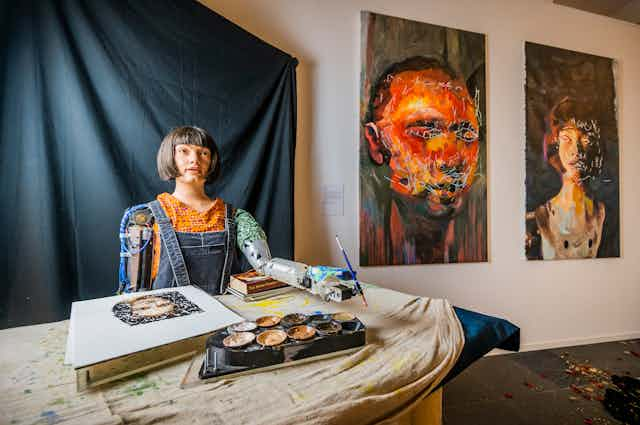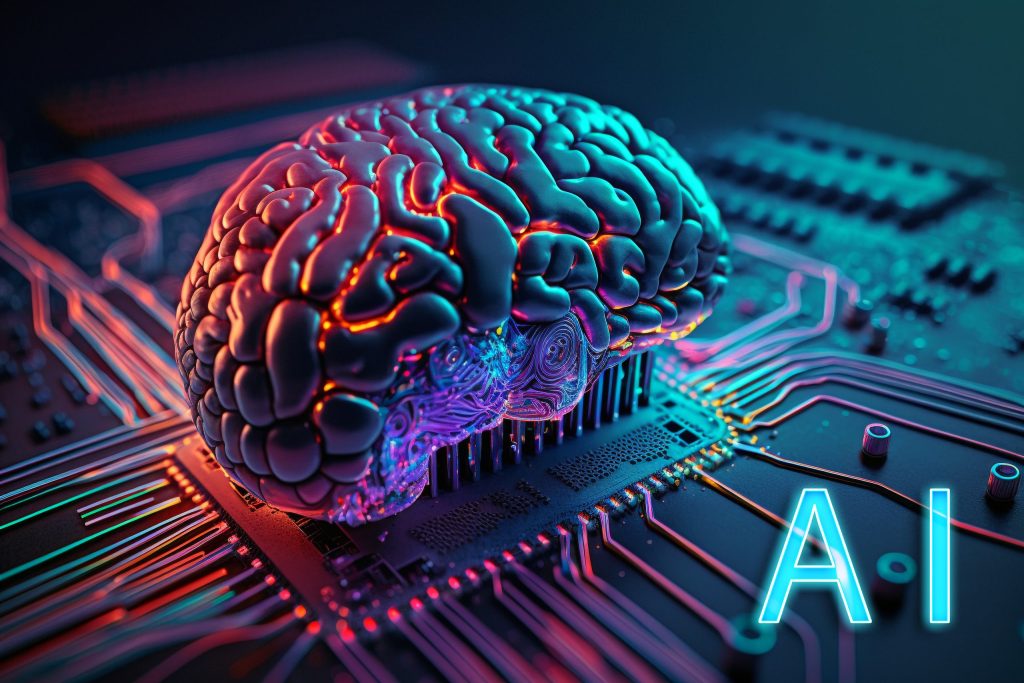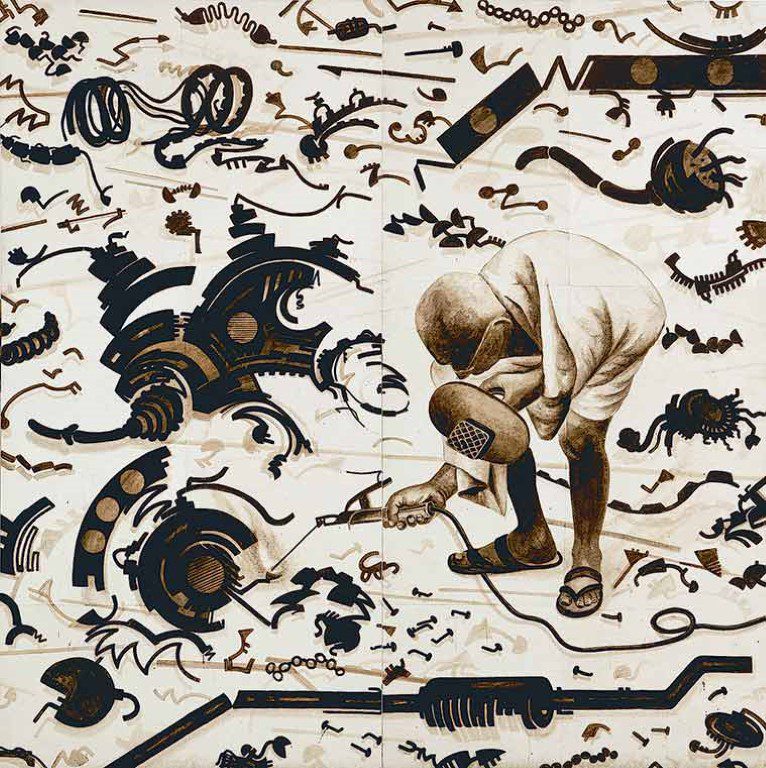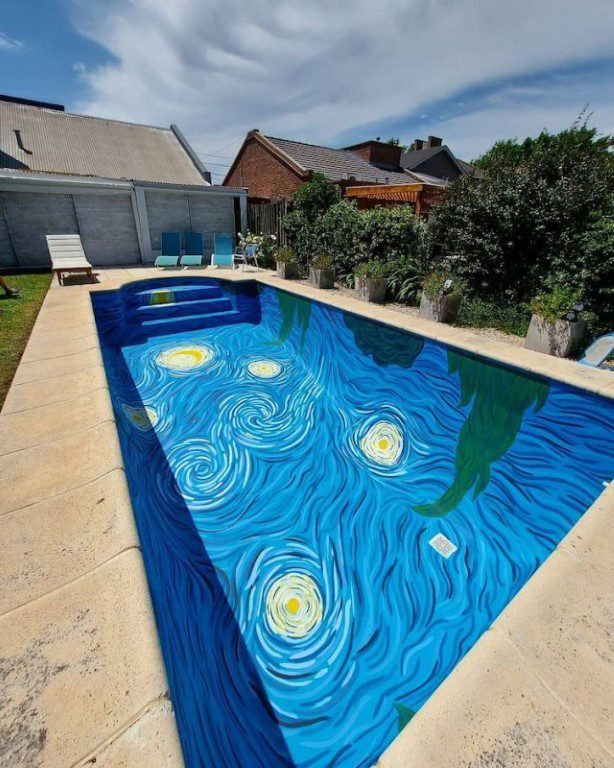Copyright Law and AI: A Landmark Ruling
In a groundbreaking decision, a U.S. court in Washington, D.C. has ruled that artworks generated solely by artificial intelligence, without any human input, are not eligible for copyright protection under U.S. law. The ruling by U.S. District Judge Beryl Howell on Friday reaffirms the Copyright Office’s stance and has significant implications for the rapidly evolving landscape of AI-generated art.
Human Authors Only: Judge’s Verdict
Judge Howell’s ruling upholds the principle that copyright protection is reserved exclusively for works with human authors. The case centered around an application filed by computer scientist Stephen Thaler on behalf of his AI system named DABUS (Device for the Autonomous Bootstrapping of Unified Sentience). Thaler sought copyright protection for an artwork titled “A Recent Entrance to Paradise,” claiming that it was autonomously created by the AI system.

AI vs. Copyright Law: A Legal Battle
Thaler’s pursuit of copyright protection for AI-generated art has encountered legal roadblocks. The Copyright Office rejected his application in 2020, asserting that creative works must originate from human authors to be eligible for copyrights. This decision was reinforced by Judge Howell’s recent ruling. Thaler has been engaged in parallel legal battles, attempting to secure U.S. patents for inventions he asserts were conceived by DABUS.
Global Ramifications and Ongoing Disputes
Thaler’s legal efforts extend beyond U.S. borders, with patent applications for DABUS-generated inventions in countries like the United Kingdom, South Africa, Australia, and Saudi Arabia. These attempts have met with mixed success, sparking debates about the legal recognition of AI-generated intellectual property on an international scale.

Thaler’s attorney, Ryan Abbott, has indicated that both he and his client vehemently disagree with the court’s ruling and plan to appeal. On the contrary, the Copyright Office stands by the decision, asserting that the court’s verdict aligns with the principles of copyright law.
Uncharted Territory: Copyright and AI
The intersection of generative AI and copyright law presents uncharted territory, raising complex intellectual property questions. The Copyright Office’s rejection of an artist’s bid for copyrights on AI-generated images, despite their argument that the AI system was integral to their creative process, demonstrates the complexity of the issue.
Several ongoing lawsuits have also emerged concerning the use of copyrighted works to train generative AI models without proper authorization, underscoring the evolving challenges in this field.
Looking Ahead: A Paradigm Shift for Copyright Law
Judge Howell acknowledged the transformative impact of AI on the realm of copyright law, emphasizing that artists incorporating AI into their creative process will usher in a new era of challenges. While she recognized the novel landscape, she asserted that the present case was clear-cut.
Thaler’s 2018 application marked a pivotal moment in the debate over AI-generated intellectual property. His argument that AI copyrights align with the constitutional goal of promoting progress in science and the arts was ultimately rebuffed, with Judge Howell reaffirming that human authorship remains an essential pillar of copyright law.
As the field of creative AI continues to evolve, this ruling ignites discussions about the evolving definition of authorship, the nature of creative expression, and the intricate balance between technology and artistic innovation.

Contributor





